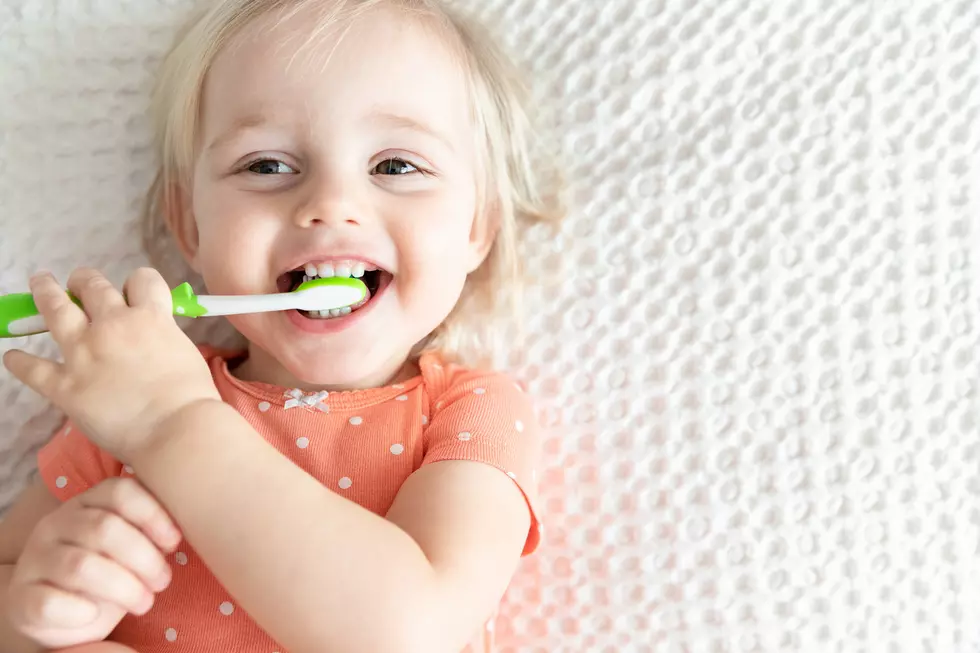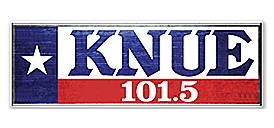
Want A Nicer Smile? HOW You Brush Your Teeth Matters
Well we already know we need to brush at least twice a day for at least two full minutes. Two. Full. Minutes. OK, great. That's the most effective step in maintaining your oral health. Check. But, it doesn't end there.
Turns out the WAY you brush your teeth is enormously important. Sure, you could technically be "brushing your teeth" while halfheartedly moving a brush around in the general area of your mouth, spit, rinse, and call it done. Yeah, that's not gonna get the job done and will certainly contribute to any well-founded fears of going to the dentist you may have every few months.
You'd think as adults we'd have this down by now but studies show a large percentage of people don't seem to know how to brush their teeth with the proper technique. Hm. Doesn't make you eager to go out and start kissing folks, does it?
So let's review, from an expert who spoke with the Consumer Reports staff recently. Dr. Paulo Camargo is the chair of periodontics at the UCLA School of Dentistry. Here's a few of his recommendations:

It's important to hold your brush at an angle--not at 90-degrees. Dr. Camargo says this is one of the biggest mistakes people make. That's good for getting the teeth clean, but leaves the gums neglected. And, it's the space between the gums and teeth where that "lovely" bacteria loves to grow. "In order to disrupt it, you need to use the bristles at a 45-degree angle and get them below the gum line."
Focus on just two teeth at a time. Yes, you'll brush them all eventually. But, this way you're more likely to be more thorough before moving on.
Speaking of, do be thorough. Make sure that toothbrush contacts every surface of every single tooth. I mean, unless you're trying to create a cavity there, of course. In that case--you do you. ;) Don't ignore those sharp edges, either. And although harder to reach, the backs of teeth are part of your teeth, too.
Dr. Camargo also recommends brushing the surface of your tongue to "reduce bacteria there and help prevent bad breath." I do this religiously.
Use balanced pressure. We're not trying to drill into our teeth, nor do we want to brush so lightly you're not getting the job done. There's a balance. If you struggle to find it, Dr. Camargo suggests this if you may be brushing too hard. Don't grasp the brush in your fist--hold it with just your fingertips, instead.
How do you know you're brushing too hard? If your gums are irritated, receding, or bleeding, your teeth are sensitive, or your brush bristles look overly "splayed," those could be signs you need to relax.
And on the subject of splayed bristles, don't forget to replace your brush regularly about every 3 or 4 months. Often you can get these anyway from your dentist when you visit. Follow these suggestion. And when you do, it needn't be such a frightening experience. ;)
Here's a few more ways to keep yourself healthy:
KEEP READING: See 25 natural ways to boost your immune system
More From 101.5 KNUE









